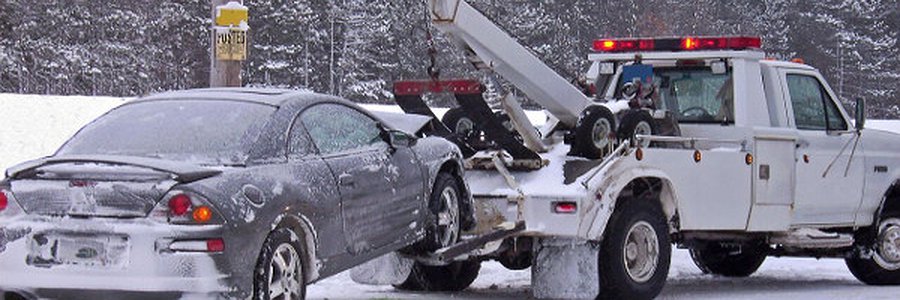
Winter Weather Means Collisions on the Rise
Road hazards are certainly increased during the winter months. Snow (whether already fallen or blowing), wind and black ice all produce conditions that, at times, can only be described as treacherous. Studies released have shown the increases in collisions, a fact that Canadians need to take heed of as they travel to work and for recreation in December, January and February.
Staying Clear of Winter Collisions
There are many ways you can avoid letting the conditions listed above affect your winter drive. Here are a few tips you can follow:
- Winterize your car – Adding snow tires, ensuring fluids are always topped up and always removing snow and ice from your car before heading out on the road helps you gain an edge on Mother Nature.
- Leave earlier – Chances are, you’re more than likely to add a little weight to your gas pedal if you’re running behind. Traffic conditions mean driving slower is almost guaranteed so give yourself the time you need to get to where you need to go without having to resort to driving faster than the flow of traffic.
- Give ample space – Unfortunately, other people also need to use the road during the winter. In a perfect world, you’d have the road to yourself but since you do have to share, be sure to give ample space between you and the vehicle in front of you. This allows time for braking should an incident occur ahead. NOTE: be particularly careful of the space between yourself and snow plows!
What Happens After a Collision?
While circumstances of a collision are always reviewed by insurance companies, drivers are at risk of being at fault for single and multi-car collisions despite road and weather conditions. This means that drivers must take extra precautions to ensure safe driving. Should a collision occur, you need to know your legal rights immediately and should look into consulting with a lawyer whether at fault or not – especially if you suffered an injury in the process. After the collision, insurance claims need to be filed correctly and helping you know where you stand prior to will be what makes a licenced professional an asset to you. After all, in the province of Ontario, insurance companies must always determine fault using Fault Determination Rules that do not specify weather conditions.
For help with a winter collision related matter (at fault or injury), contact Levitt Di Lella Duggan & Chaplick LLP now at 416-512-7440 or complete an online contact form.


